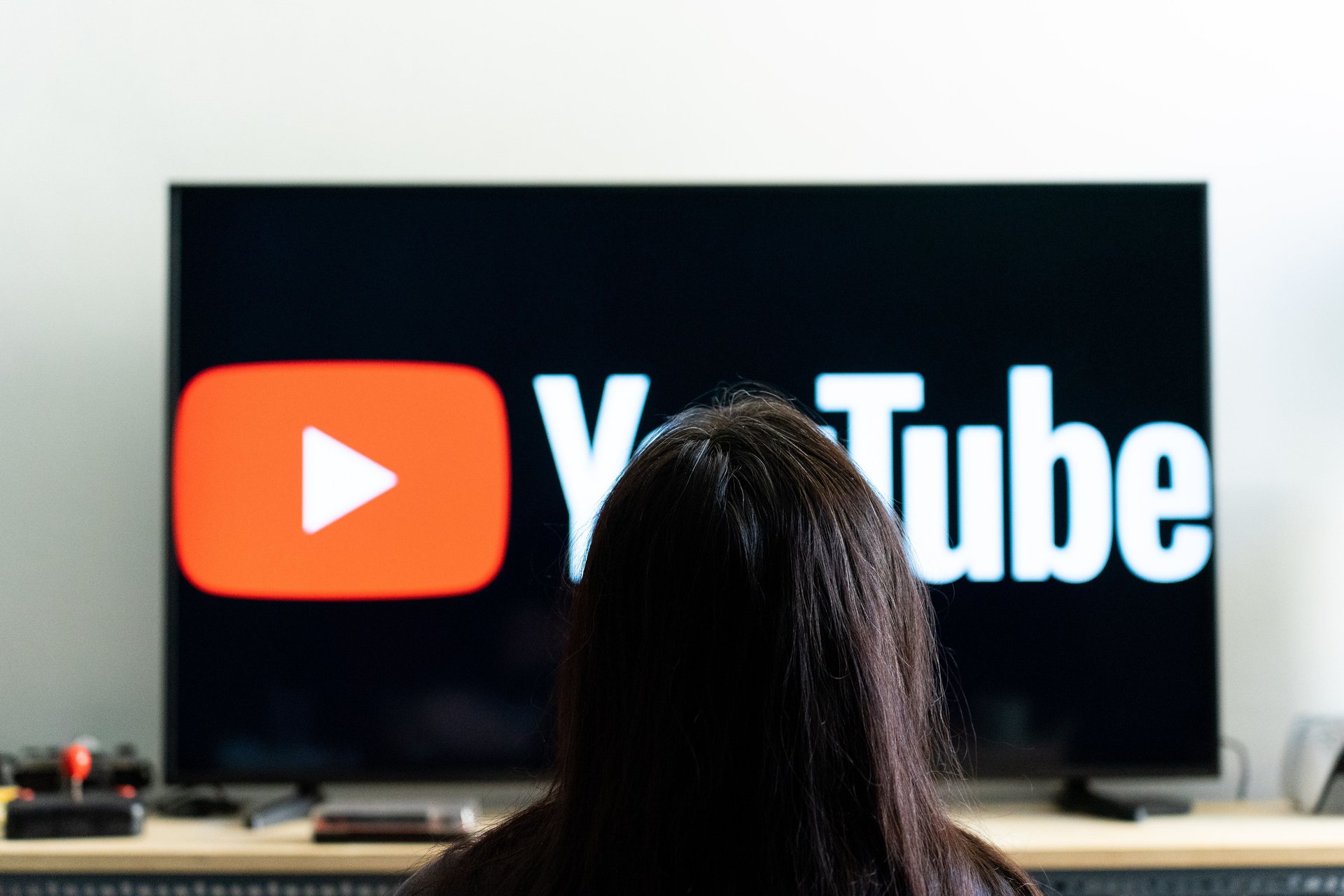YouTube beat Netflix, Spotify, and everyone else
With more viewers than Netflix and Disney+ combined, YouTube is now TV’s biggest player.

NurPhoto / Getty Images
A version of this article originally appeared in Quartz’s members-only Weekend Brief newsletter. Quartz members get access to exclusive newsletters and more. Sign up here.
The streaming wars are over. YouTube won — and it wasn't even trying.
The Google-owned platform now commands more TV viewing time than Netflix and Disney+ combined, capturing 12.5% of all television watching in the U.S. and officially making streaming bigger than cable and broadcast TV for the first time, according to Nielsen data. While media giants spent billions producing prestige content to compete for subscribers, YouTube quietly built the world's largest entertainment empire on user-generated videos, cat clips, and podcasts, fundamentally reshaping how we define television itself.
You know YouTube's conquest is complete when Hollywood's most powerful union wants in. Several candidates for the Writers Guild of America West’s board are pointing to YouTube creators and vertical video producers as its next organizing targets, a tacit admission that the future of entertainment work increasingly lives outside traditional studios. "Like it or not, this is the future of television," said WGA board member Adam Conover, as the union grapples with a 24% drop in working members and a 42% decline in TV writing jobs.
This isn't just about kids watching gaming videos anymore. 49% of the videos watched on YouTube are now 11 minutes or longer, and 60% of all TV-based YouTube viewing sessions last half an hour or longer. Viewers 55 and over conduct nearly three-quarters of their YouTube viewing on TV.
The platform's dominance extends beyond video. 31% of weekly podcast listeners ages 13 and up said YouTube is the platform they use most for podcasts, ahead of Spotify (27%) and Apple Podcasts (15%). The shift is so pronounced that traditionally audio-only shows are rushing to add video components, fundamentally changing how podcasts are produced and consumed.
What makes YouTube's victory particularly remarkable is how effortless it appears. While Netflix will burn through $18 billion this year on content and Disney reorganized its entire corporate structure around streaming, YouTube essentially crowd-sourced its programming. The platform, now 20 years old, built an empire where more than 500 hours of content are uploaded every minute by its 65.3 million creators worldwide. Another way to break this down is 82 years worth of video is put up on the second most visited website every day. That figure is from 2019, so we're probably crossing a full century of content daily by now.
This feeds YouTube's advertising juggernaut, which generated over $36 billion in revenue in 2024. The platform doesn't rely solely on ads either. YouTube Music and Premium together boast 100 million paid subscribers, creating multiple revenue streams that traditional media companies can only dream of.
Hollywood is finally taking notice, but mostly to surrender. Major studios are uploading full seasons of shows to YouTube, hoping to capture some of that audience. Warner Bros. Discovery recently uploaded the entire first season of the Friends spin-off Joey to YouTube. Netflix has licensed shows from creators who used to be primarily on YouTube, including "Ms. Rachel," the dating hit "Pop the Balloon," and British group "Sidemen."
This all doesn't mean YouTube hasn't stumbled along the way. The platform abandoned its ambitious push into premium original programming in 2022, shutting down YouTube Originals after six years and shows like "Cobra Kai" migrated to Netflix. Instead of competing with Hollywood on its own terms, YouTube doubled down on empowering creators to make content cheaply and at scale.
YouTube may have abandoned its own TV ambitions, but creators are building television studios anyway, and at a fraction of Hollywood's costs. Shows like "Alan's Universe" pull tens of millions of viewers per episode on budgets around $120,000, a fraction of the cost of making most streaming or cable episodes. The content might not be Emmy-worthy yet, but it's capturing the audiences that networks have lost.
The shift represents a fundamental rewiring of how entertainment gets made and distributed. YouTube's creator economy has spawned entire industries, from podcast networks to merchandise empires, all built on direct relationships between creators and audiences rather than traditional gatekeepers.
The streaming wars promised to give viewers more choice. Instead, they've culminated in the dominance of a platform that gives viewers infinite choice and an algorithm smart enough to help them navigate it. In hindsight, maybe this outcome was inevitable. When everyone can be a broadcaster, the platform that makes broadcasting easiest wins everything.
